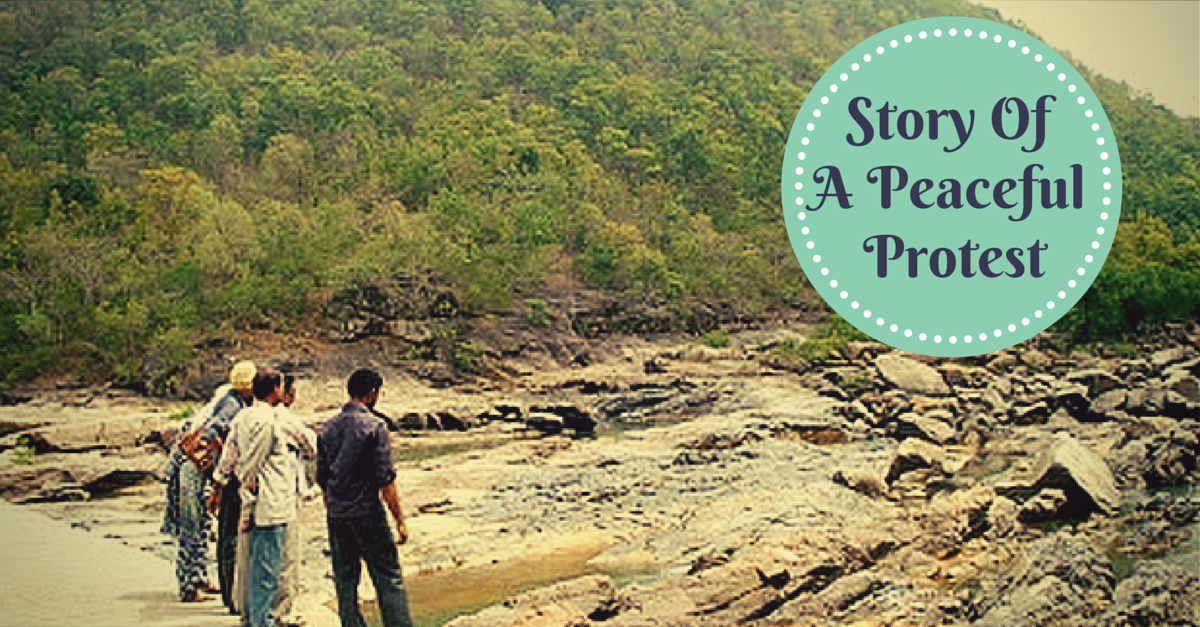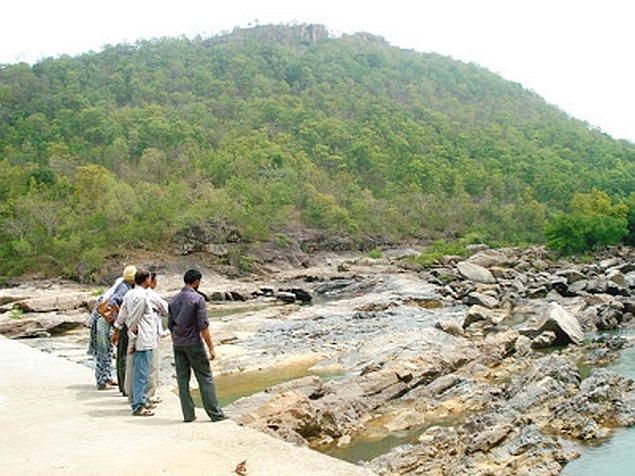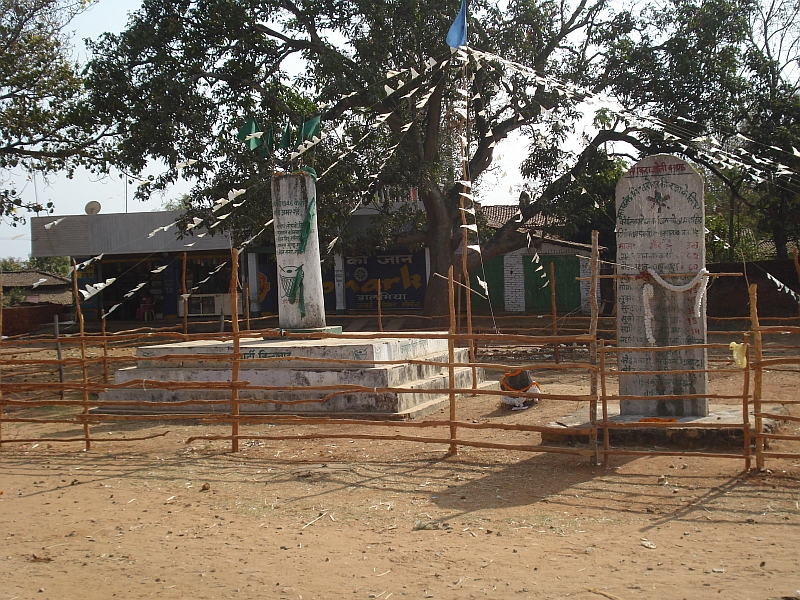5 Lessons From A Non-Violent Anti-Dam Protest In Jharkhand That Won!
Unity, persistence, and non-violence are but a few lessons that we can learn from the successful Koel Karo anti-dam protest in Jharkhand. How the people got together and through their non violent protest led to cancellation of a sanctioned dam. Here are the five reasons which resulted in this peaceful victory.

Unity, persistence, and non-violence are but a few lessons that we can learn from the successful Koel Karo anti-dam protest in Jharkhand. Here’s how a tribe resisted a government dam project for over three decades and finally won!
The Koel Karo Jan Sanghatana was awarded the first Bhagirath Award during the India Rivers Week 2014 for protecting the Koel and the Karo rivers. That this is not an organisation that many people have heard of is a shame. The struggle that this organisation has faced against the Koel Karo dam is on par (some would argue that it’s greater) with David’s struggle against Goliath. It is one of the very few times in India, if not the world, where tribal peoples have successfully persuaded the government to cancel a project that was been sanctioned.
Koel Karo is not just a case for the history books. There are many lessons that the myriad groups protesting against dams can learn from this one successful story. All they have to do is to ask “Why?”

India has no shortage of dams that threaten local communities and their livelihoods. In nearly all such cases, a passionate and organised resistance has been born. While the construction of some dams has been halted, none have had the definitive victory that Koel Karo has achieved.
How did the Koel Karo Jan Sanghatan bring about an official cancellation of a previously sanctioned dam? Five reasons –
1. A strong identification with the tribe
Being a member of the Munda tribe is the basis of a Mundari’s identity. The Mundari have a strong and democratic tribal leadership system which continues even today. It is this that enables the tribes to assert their rights. The many governments that have come and gone, while important, do not supersede the tribal government. This is the reason that Mundaris unanimously supported the Koel Karo struggle.
2. Deep connection with the land
The Mundari are not separate from their lands. It was a gift to them from their God, and today houses their ancestors. Dayamani Barla, a journalist from Ranchi says, “Natural resources to us are not merely means of livelihood. Our identity, dignity, autonomy and culture have been built on them for generations. These communities will not survive if they are alienated from the natural resources. How is it possible to rehabilitate or compensate us?” This feeling of unity with their land made it impossible for the Mundhari to contemplate relocation. They were quite literally, fighting for their families and their existence.
3. Non-violence
Not once during their long struggle did the Mundhari resort to violence. The Tapkara firing of 2001, when the police fired on an unarmed crowd, was the zenith of the intimidation that the Mundharis were subject to. By 1984, armed forces were in the area to ‘control’ the anti-dam movement. Through it all, the KKJS used non-violent and innovative ways to defeat the troops and dam officials.
4. Persistence
The Mundharis successfully kept up an unrelenting and non-violent resistance for nearly three decades. This is one entire generation that grew up during the struggle. In that time, six general elections took place and the state of Jharkhand was carved out of Bihar. Keeping up an entirely voluntary resistance against great odds and many changes requires a conviction that runs deep in every individual and every family.

5. Hope
Shripad Dharmadhikary of Manthan pointed out the single most important lesson that anti-dam struggles can learn from Koel Karo. “Such struggles”, he said “can be won”. A neglected and ‘backward’ tribe successfully held the State and National governments at bay for three long and frightening decades till the governments were forced to accept defeat.
And today, the Koel and the Karo rivers run free.
Like this story? Or have something to share? Write to us: [email protected], or connect with us on Facebook and Twitter (@thebetterindia).
This article was written by Chicu Lokgariwar for India Water Portal (IWP) and republished here in partnership with IWP.

Similar Story

The Couple Behind ‘Trial by Fire’ & Their Long Battle for Justice After Uphaar Fire
Neelam and Shekhar Krishnamoorthy, the couple whose story has inspired Netflix’s Trial By Fire, lost their children in the Uphaar Cinema fire, and have been seeking justice for their children and other affected families ever since.
Read more >
If you found our stories insightful, informative, or even just enjoyable, we invite you to consider making a voluntary payment to support the work we do at The Better India. Your contribution helps us continue producing quality content that educates, inspires, and drives positive change.
Choose one of the payment options below for your contribution-
By paying for the stories you value, you directly contribute to sustaining our efforts focused on making a difference in the world. Together, let's ensure that impactful stories continue to be told and shared, enriching lives and communities alike.
Thank you for your support. Here are some frequently asked questions you might find helpful to know why you are contributing?


This story made me
-
97
-
121
-
89
-
167












